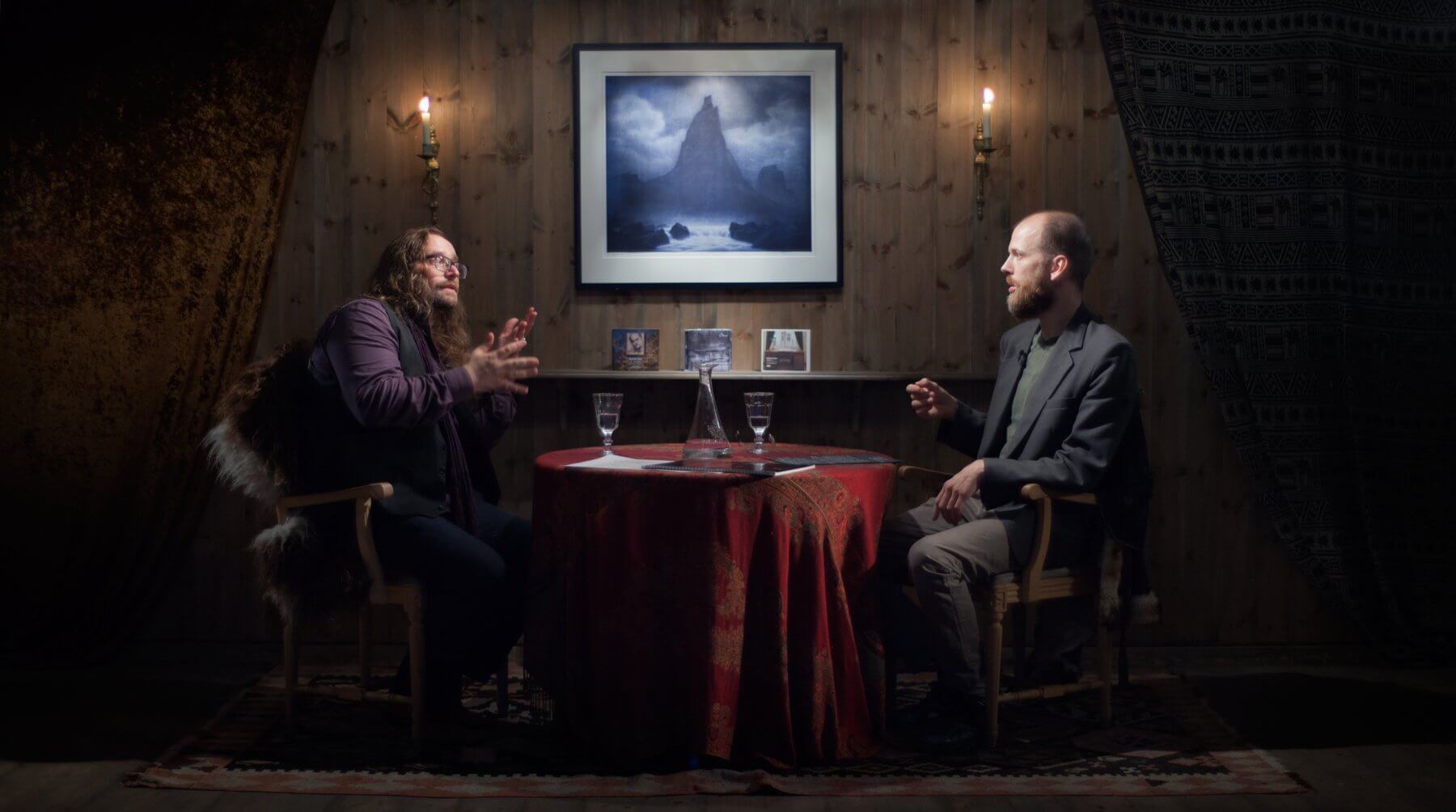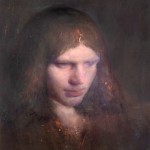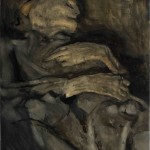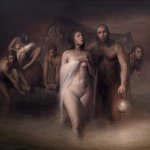News and Articles ŌĆ║ Cave of Apelles
DonŌĆÖt we all have an itch for kitsch?
— Matei C─ālinescu, literary critic
Top list
View the entire list
┬½I am shameless by principle in my work┬╗ says the romantic composer Marcus Paus, who joins Jan-Ove Tuv in this monthŌĆÖs Cave of Apelles.
Marcus Paus is a composer writing music in the tonal field. Before he became a prominent composer, he went through much hostility in the field of classical music, ruled by dogmatic modernism. Paus tells about his journey, which required resistance and determination.
<
Would you like to be credited as a supporter in future videos?
Donate now
From Craft to Religion
Jan-Ove Tuv asks Paus to tell the story of his education, which Tuv describes as an example of the HeroŌĆÖs Journey.
At first, Paus enrolled a musical high school, where he was lucky to meet the person who became his initial mentor and first composition teacher, Trygve Madsen. He taught Paus to regard music and composition as a craft, and regard past composers as neither something to fear nor to worship.
Paus calls it ŌĆ£a non-religious take on craftsŌĆØ.
When he moved on to the Music Academy, the approach changed dramatically. Having had a craft oriented approach to his studies, he was told that it was time to ŌĆ£broaden his mindŌĆØ.
Paus describes the education at the music academy as ŌĆ£very historically segregatedŌĆØ, studying different styles of music as belonging to a ŌĆ£time capsuleŌĆØ. The students were taught that the music styles were of course irrelevant ŌĆō because ŌĆ£we donŌĆÖt write that way anymoreŌĆØ.
However, Paus knew that he wanted to write tonal music and continued with this practice. One professor told Paus that this will not work, and gave him three alternatives.
– The first option was to put everything in quotation marks. This is sort of the option of irony. ŌĆ£You can do this, but make sure that everyone knows that you donŌĆÖt stand for it,ŌĆØ says Paus and continues:
– Of course, another option was turn your ship around. ŌĆ£You know, itŌĆÖs not too late for you to have a change of heartŌĆØ. [ŌĆ”] I was very interested in Indian classical music and Eastern European folk music, and he knew about that. So, the third option was kind of a ethno-modernistic approach.
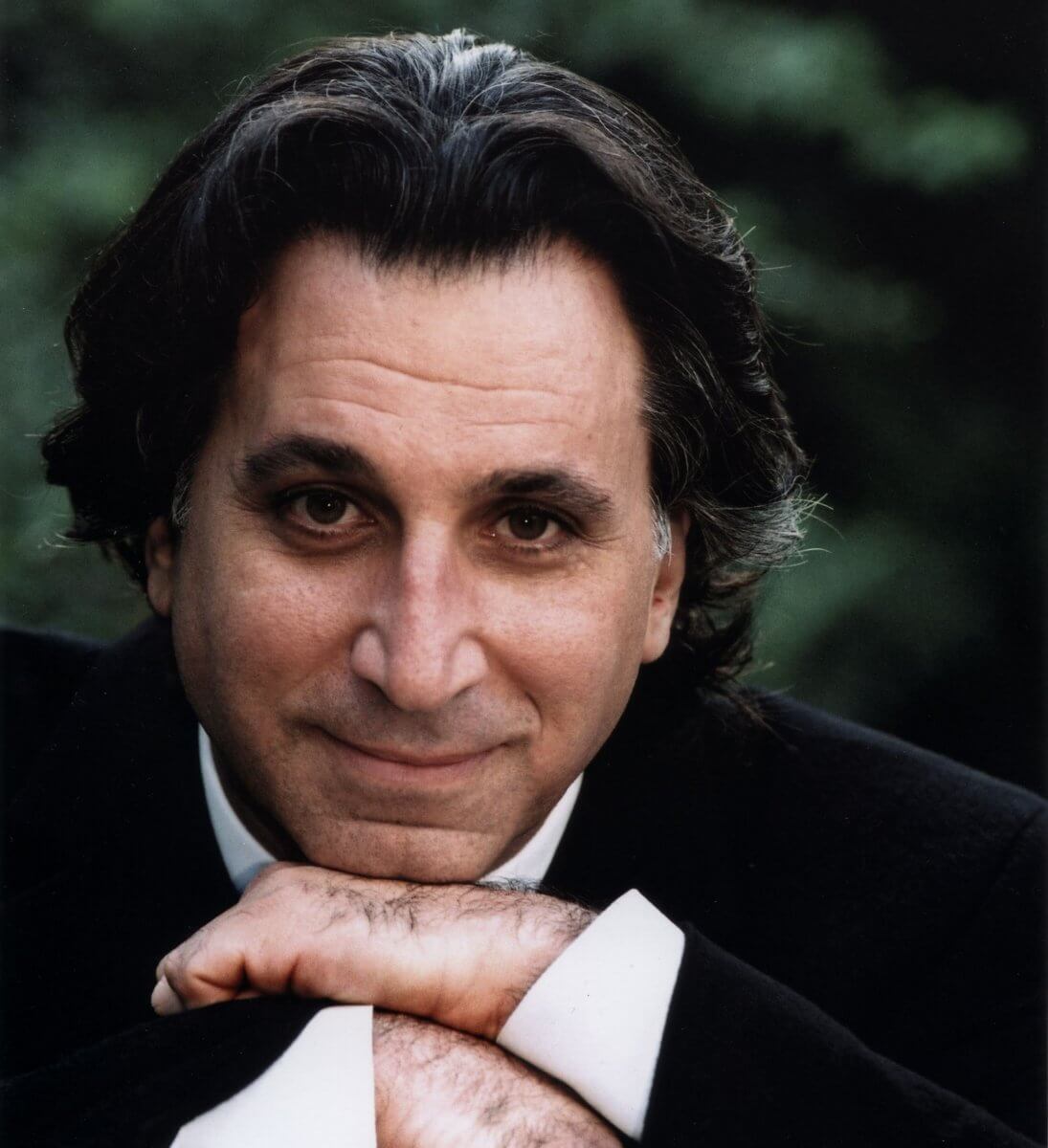
Photo of Richard Danielpour. Photo: Mike Minehan
New York City
Feeling ostricized at the Academy in Norway, Paus eventually decided to go to New York to study at the Manhattan School of Music.
– At the time, my favorite composers were people like John Corigliano, Richard Danielpour, Christopher Rouse, John Williams. People [whose music] doesnŌĆÖt exist separate from the past. ItŌĆÖs a continuation of its history. ThereŌĆÖs this feeling of timelessness, in a sense. At least, in terms of craft, itŌĆÖs timeless, says Paus.
Their first semester was opera history, but also Aristotle and The Poetics. Paus eventually got to work as Richard DanielpourŌĆÖs assistant. The way he taught was usually that musicians were brought to his apartment, ŌĆ£bribedŌĆØ with wine by Paus, and then they all had a reading of their works at DanielpourŌĆÖs place.
– He would go about it not so much teaching you how to write, but really addressing the issues within that work ŌĆō kind of the way a producer would do, says Paus, explaining how Danielpour would make the works sound much better by changing minor aspects.
– It could be tiny little details, but that could be what separated a good piece from a mediocre piece.
Then, for the second semester, the students were assigned to write an opera scene. Paus tells about how they were looking at operas from Monteverdi to Britten and beyond, looking at what made those operas work.
– It sounds like an ahistorical perception of this discipline, says Jan-Ove Tuv.
– Exactly. You just look at craft per se. [ŌĆ”] ItŌĆÖs a pragmatic, non-stylistic, or non-historically segregated, approach to crafting, confirms Paus.
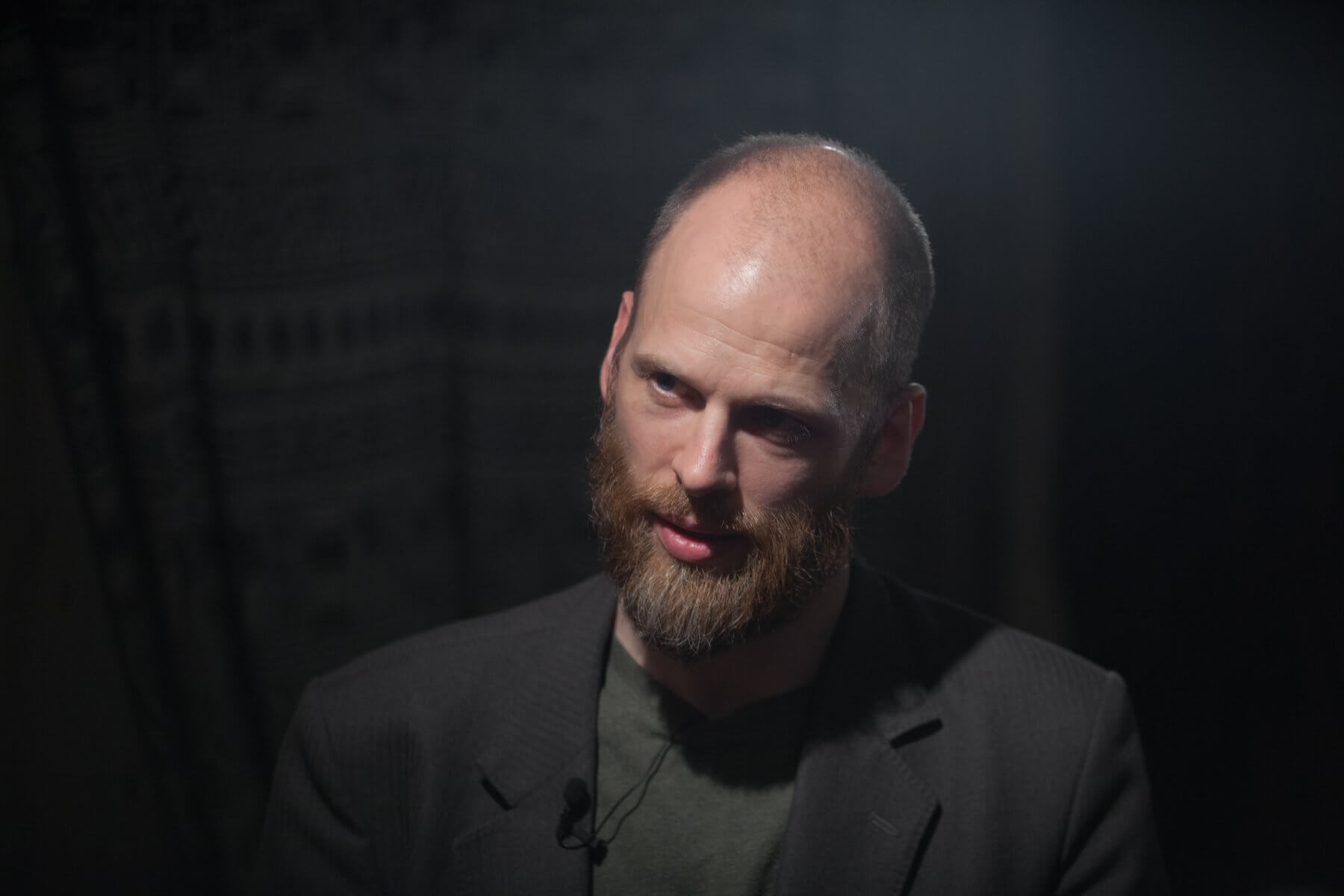
Jan-Ove Tuv. Still photo from the conversation. Photo: Bork S. Nerdrum
AristotleŌĆÖs Poetics
What are you thinking about when writing a piece?, asks Tuv.
– Let me put it this way: WhatŌĆÖs different in how I approach writing music now versus when I first started writing music is a consciousness of form, of how you decide what the piece is about. ThereŌĆÖs a framework. Being conscious of what to include and what not to include, Paus answers.
He points to lessons learned from the Poetics by the philosopher Aristotle.
– Another aspect of Aristotle and the Poetics is that itŌĆÖs a study of something that is kind of innate, itŌĆÖs something that comes from a very natural approach, says Paus.
Jan-Ove Tuv states that what has struck him with the Poetics is how tragedy is described as unfolding like some plant to a natural state: – The point is to get the essence of human existence, and that doesnŌĆÖt change.
– ItŌĆÖs really about looking at what an organic development does. [ŌĆ”] However, it is not a straightjacket, not something that prevents you or precludes you from being adventurous, but itŌĆÖs about understanding how drama works and what makes it tick, says Paus.
What separates the romantic tradition from a modernist tradition, according to Paus, is that one has music as subject, whereas the other has music as an object.
– IŌĆÖm not an ideological composer at all. But to me, the shortcoming of a lot of modernism is its lack of inherent memory. ThereŌĆÖs this sense that a piece doesnŌĆÖt recognize where it comes from. So, you could put yourself in the middle of a piece, and itŌĆÖs not different from being at the start or at the end of it, says Paus.
Jan-Ove Tuv calls it the idea of the non-dramatic: – Modernism is based on a liberation from the human baseline.
– I donŌĆÖt think many people would believe that now, but once upon a time, you could as a composer truly believe that it was arbitrary what notes you use. Any note can mean anything. And it doesnŌĆÖt really work that way. Again, going back to the idea of the organic: There is a natural reasoning behind tonality, for instance. It stems from nature. [ŌĆ”] As does, I would say, dramatic form, states Paus.
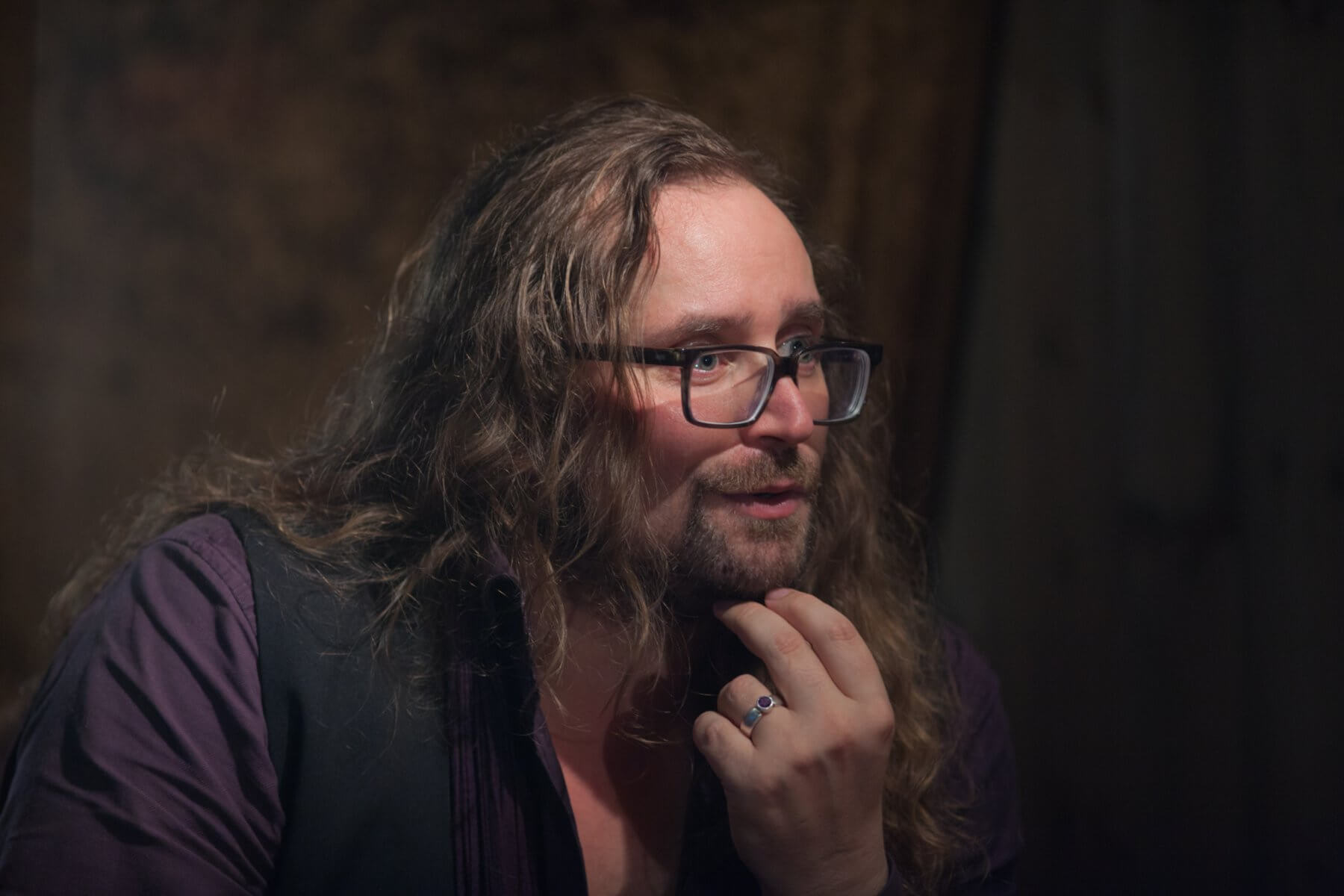
Marcus Paus. Still photo from the conversation. Photo: Bork S. Nerdrum
Hollywood: An Exile for the Romantic Tradition
Marcus Paus is now relevant with the film music for a new movie coming out called ŌĆ£MortalŌĆØ by Andr├® ├śvredal, who has made ŌĆ£Troll hunterŌĆØ and ŌĆ£Scary Stories to Tell in the DarkŌĆØ among others. Tuv asks Paus to tell him more about composing for film.
– The first thing I should say is that some of the first music that I fell in love with, and the music that has probably shaped me the most as a composer, has been film music. In many ways, Hollywood became an exile for the Romantic tradition.
– The Classical tradition wouldŌĆÖve been dead without America, Tuv remarks.
Paus elaborates that what he finds interesting is that not only has the classical tradition survived there, but it has also evolved.
– How, specifically, do you work making film music?, asks Tuv.
– I write very specifically to the scene. I will sit there and watch the film, and IŌĆÖll sit there and write. And I know that today IŌĆÖm going to have to write from here to there. That could be one minute, two minutes or three minutes, answers Paus and continues:
– What I do is that I empathize. ThatŌĆÖs the main technique; you have to watch this and you have to imagine yourself as a member of the audience. And if you react, think ŌĆśwhere does this scene take me?ŌĆÖ and ŌĆśwhere does it need to take me?ŌĆÖ.

The letter from Paus’ former teacher, signed “The teacher who was not to be”.
The Timpani Concerto
The fact that Paus continued to write tonal music within the classical or romantic tradition upset many in the modernist field. Especially one professor.
When Paus was accepted as a member of the Norwegian Society of Composers, he presented some of his works to the society, as every new member does. At first, he experienced a warm welcome in the society. That was until he received a letter from his former professor, with a bunch of CDs.
– Essentially, it was a very dismissive letter. It said that what I presented was offensive and it proved that I had no concept of what it means to be a creative artist, says Paus and continues:
– The letter closed with what was a final passage. Something about that he didnŌĆÖt want to have any further verbal contact with me, but he hoped that I wouldnŌĆÖt spend my life causing disruption within the Norwegian Society of Composers.
Then, several years later, Paus is asked to compose a timpani concerto for the Bergen PhilharmonicŌĆÖs 250th season: – It is a celebratory piece. ItŌĆÖs a very virtuosic piece. [ŌĆ”] It was a very successful premiere, explains Paus.
Then, the very same professor who had sent him the hostile letter years earlier, reviews his timpani concerto. It was not really a critique, as much as an assault.
– And that actually launched the biggest public debate about art music in Norway since, I guess, the ŌĆś70s.
Paus says that the teacher argued that the timpani concerto was essentially a fabrication:
– Writing this music is a lie, itŌĆÖs trying to trick the audience into thinking that this is contemporary music, whereas of course it is not.
– It was a very ad hominem attack. It was not attacking the timpani concerto as much as attacking me as a person and the concept of writing that music, says Paus.
However, the outcome was not as the professor had hoped:
– No agent could have done me a better service than what he has, Paus jokes.
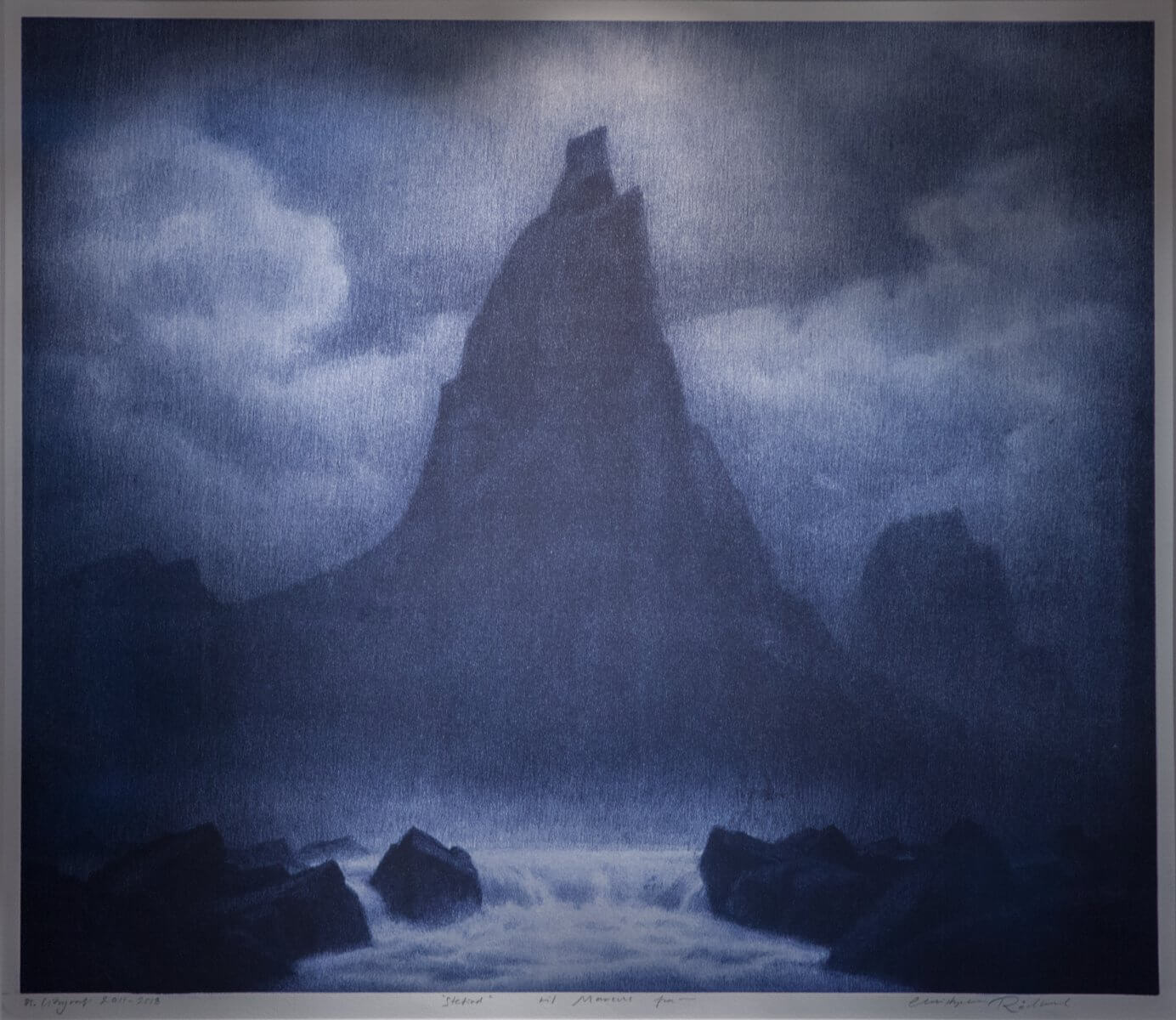
“Stetind” litograph by Christopher R├źdlund Photo: Bork S. Nerdrum
Center for Liberal Arts
Good and tolerant colleagues, Paus had to find outside the National Society of Composers. When Paus was about to graduate from the Academy, he met Christopher R├źdlund, a Swedish classic figurative painter living in Norway, and a group of painters, poets, writers, and composers began to form.
– They had something they called Center for Liberal Arts, which was a lot more liberal than it sounds. It was kind of a bohemian hive. It was very much centered around Christopher R├źdlund and also the Swedish poet H├źkan Sandel, says Paus before exclaiming:
– Colleagues, at last!
Paus describes how they had a lot of the same interests, and that they formed a vibrant milieu: – It was a non-dogmatic, very inclusive, very embracing, very friendly assemblage of personalities, he says.
Tuv wants to know more about their topics of conversation: – Could you discuss your works?
– Not always in a very technical sense [ŌĆ”], but we would very quickly realize that so many of our ideals and ideas and concepts were similar. I mean, you can discuss composition with a painter or with a poet, says Paus and elaborates on what he learned from the conversations:
– I think I was able to become more articulate melodically. ThatŌĆÖs something that happened through poetry. [ŌĆ”]┬Ā I was too engaged in the actual writing, and seeing it through the lens of another art form helps you perhaps take more of a birdŌĆÖs eye perspective.
– Sometimes you have to distance yourself from the craft that you always practice, he says. Paus calls this the ŌĆ£Eureka moments.ŌĆØ
Also read: Meet the Norwegian composer Martin Romberg
The future for tonal music
Paus is asked what his thoughts about the future for tonal music is.
– This is good times for tonal music. There has been a tremendous renaissance. There are a lot of tonal composers now, he states.
Paus thinks that his generation were much influenced by film music, where the tonal tradition survived. Not as an object of study, but as something that became a kind of natural language.
– Crucially, it didnŌĆÖt die. It has survived, and it is perhaps stronger than it ever was and more vibrant and vital than it has been for a very long time.
This article was first published at the┬ĀHerland Report.
Published on Wednesday, October 16th, 2019
